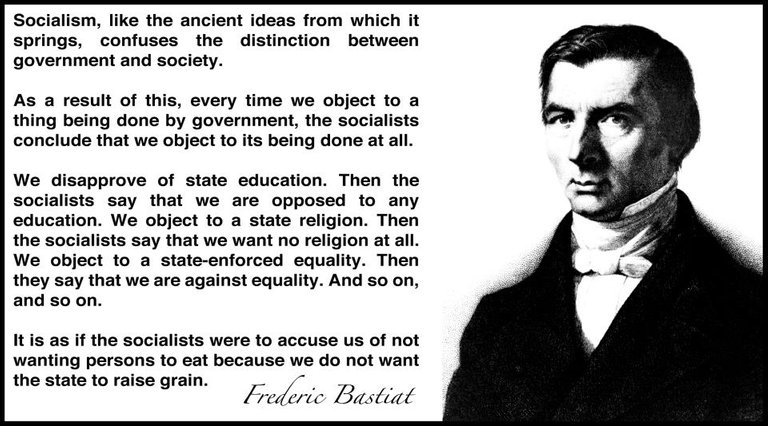Today when I was heading to the Library to get my daily dose of reading a book caught my eye. It was "Teaching Basic English Courses" which was specifically for English in High School, 2-Year, and 4-Year universities. This book was a collection of essays from the 1970s that were set to address a variety of perceived educational problems. Seeings as this was the predominate educational thought from the 70s, and based on the teachers I had growing up, I think it is quite safe to say that the systems put forth here were what was attempted and what I was raised with. The one essay in this that I specifically want to talk about now is an essay on Sequencing because I saw some issues with the logic in this one.
This essay starts with the author outlining how the system at the time worked, or rather how it was meant to work. Starting from Freshman year, although it gave many positions saying that early education was very important, and that elementary as well has Junior High had a substantial impact on a Child's development, in the metrics of number of books read each semester for example was highly dependent on this. At one point the Author cites another who states that only about 1/5th of students were in the correct grade level with most kids needing to be higher or lower; that was as of 1970, which I can only assume is much worse now that we have legislature such as No Child Left Behind. The author at this point puts for the notion that each child needs their own plan through school tailored to them since each child is different.
The author continues correctly pointing out a variety of other issues, such as the fact that Teachers end up teaching the same book 4 or 5 times a day to different classes which is bound to leave one exhausted and unexcited for the day. Especially after having the same general syllabus each year for a an unknown number of years. The author claims that most of these problems are due to poor sequencing of classes, and points to a final issue, which is what I believe to be his main concern and the point he addresses in his conclusion, that is not enough inter-departmental communication and suggests that we need a singular plan of education from K-12 (This is currently being pushed as Common Core).
The author thinks that if we had a singular path and communication so that you had a few smart creative teachers at the top guiding all the poor teachers on what to do and when that this would result in the best outcome overall. This is where my main concern of this essay comes in and I see it as the biggest flaw, the author had stated just shortly before this that each student needs their own plan and then draws his from this in his conclusion that we need to centralize the system.
I completely disagree with this position and believe we need a different approach on education. I think that a better approach would be to have those great creative teachers teach. Then have these teachers post their content/methods online for other teachers to see, share, and improve. Further I agree with the streamlining of a K-12 plan, I disagree however with the centralizing and creating just one plan. I propose that schools should be smaller, with just a small number of teachers working with the kids, that all come together to create a plan to raise each child in the best possible way. I believe the sentiment from this previous essay as well as the whole educational system is that of equality, that everyone should have access to the same level of education, but this is not feasible unless you force everyone to teach at the same low level. This low level is what I believe common core and the increasing centralization to be.
I propose a new System and Dreams of my children growing up as such with my wife and I having a very large impact and control over our kids. Now I understand not everyone has the time or energy to do so which is why I would open up my services to other people up to a certain number as well as create content of what I am doing, why, and how so that others can follow my system and try to do the same. It is a bit like group homeschooling, or a very small private school. I believe this would be the greatest possible outcome for kids, it would allow teachers to be paid what they are worth since if they are good they will get a large number of followers, viewers, and students. There will not be a Union, but that is the risk involved in the market place, that is the competition required for a good output.
Just as small businesses employ most of the people in the United States, Small schools should teach most of the children. There is no need to Centralize it, in my mind the state has no right to even be involved in education, but of course the socialist will always say -
